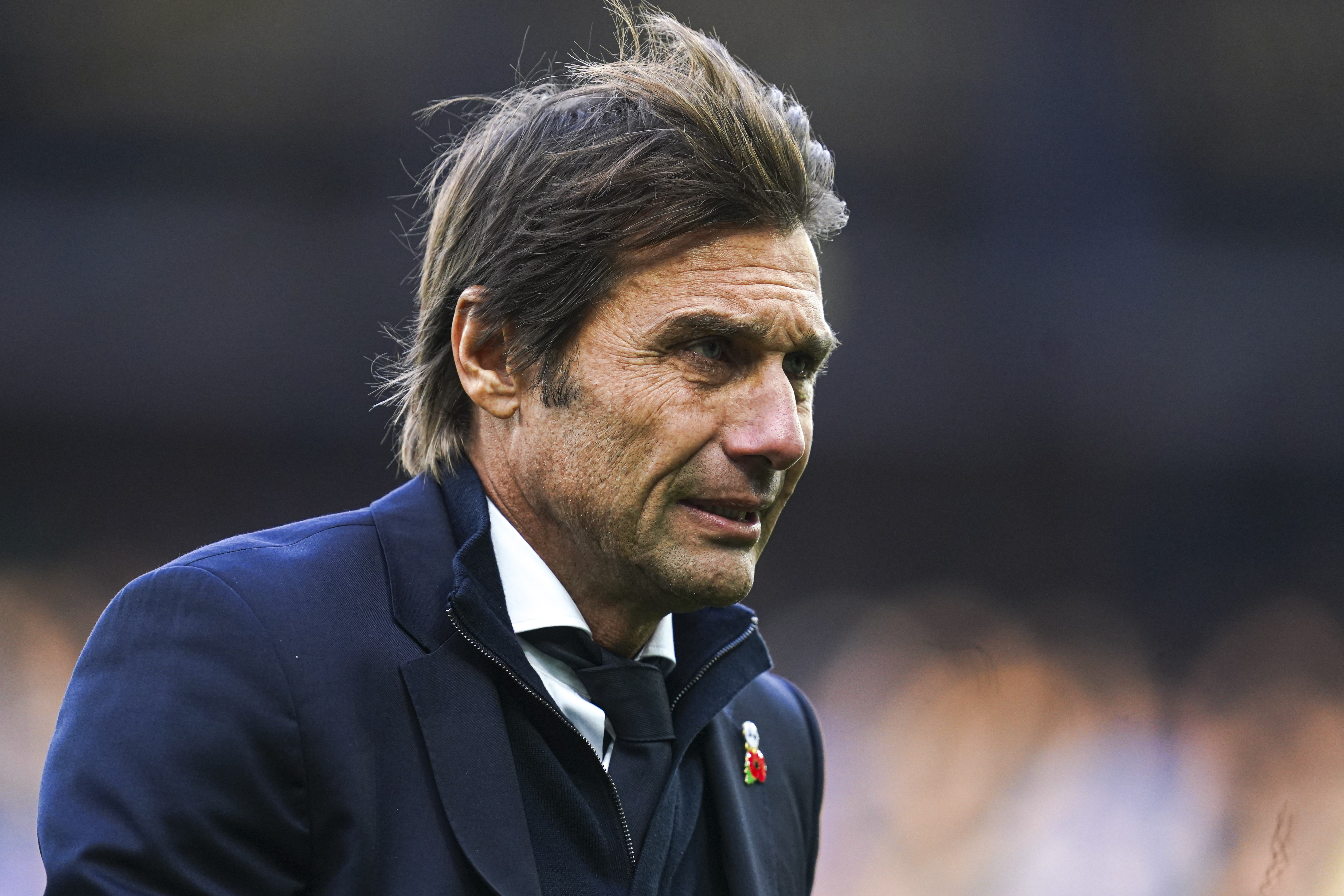Big Sam's guide to team fitness
Apply the science of former England gaffer Sam Allardyce and give yourself a physical edge out on the pitch
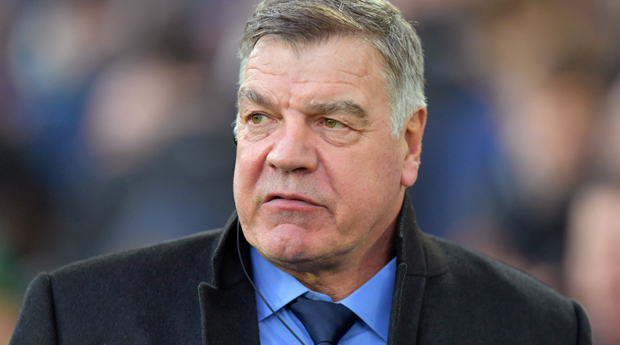
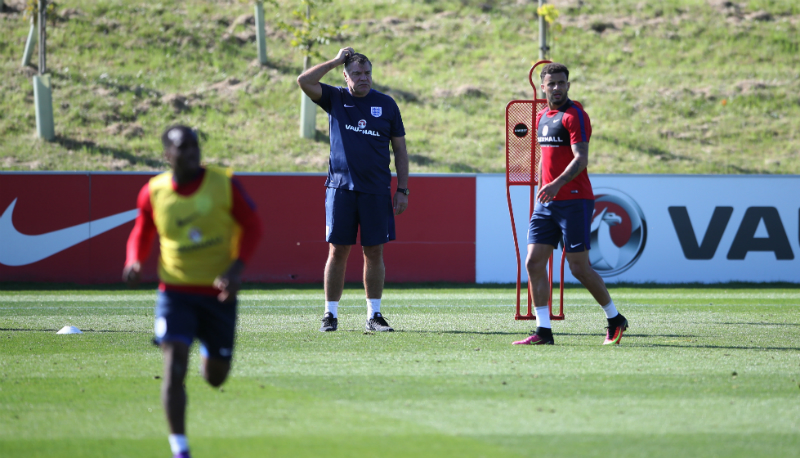
Pre-season
If you’re quite fit to begin with, spend less time on fitness and more on how the team is going to play. Do some fitness work but get into football work quickly: train them as many times as you can get them together and get some of the hardest friendlies you can to extract a lot more out of them. Then towards the end of pre-season, find an easier game or two that the team can win and give them some confidence before they go into the new season.
Related story: Get ahead in pre-season
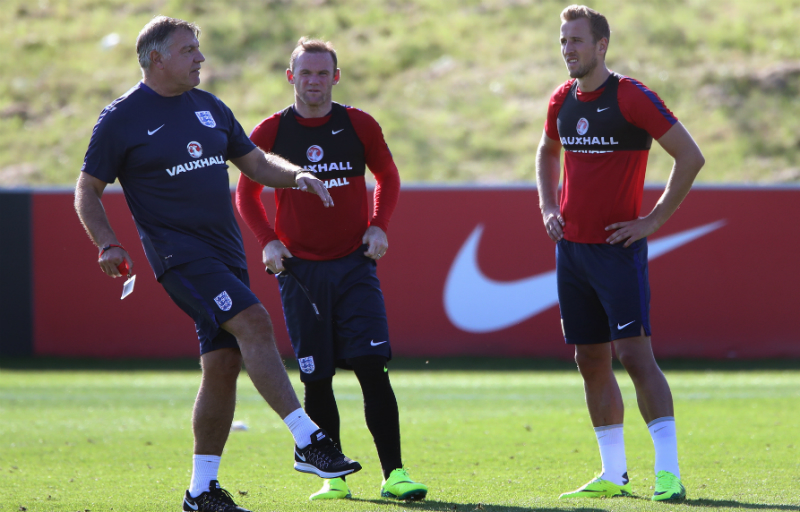
Pre-match preparation
Eat well the day before and top yourself up at breakfast. Your body in general is much better at the start of the day – you’ll have a lot of energy and you’re ready to go for the rest of the day. A later kick-off is more difficult because you’re losing your food storage as the day goes on. Food intake isn’t just about eating the right things the night before, it’s eating well consistently throughout every single week while the season’s on. It’s like trying to fill up a petrol tank: the better quality you put in the better the car will perform. And the tank has to be full or nearly full or nearly full when you wake up in the morning. If you’re kicking off at 10 o’clock you can only fill your tank that day at breakfast, so that should be high doses of carbohydrate. That could be pasta or rice but if that’s difficult in the morning, try spaghetti hoops on toast or something like that. If you’ve been out on the Saturday, there are remedies – up your fluid input immediately, and dose up on vitamin C and carbohydrates, to allow the body to recover.
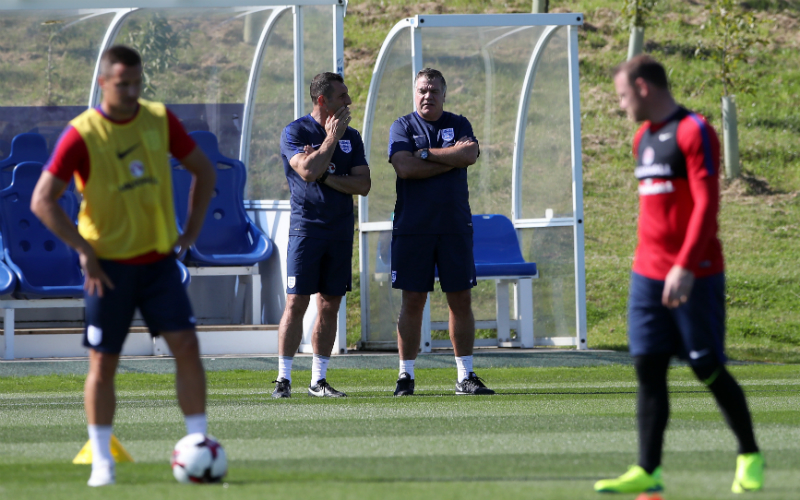
Warming-up
Get FourFourTwo Newsletter
The best features, fun and footballing quizzes, straight to your inbox every week.
Warming up stimulates the body mentally and, more importantly, physically – it raises the heart-rate so you can cope with the running you instantly need when you start playing. If you’re asked to go into a full-out sprint in the first few second and you aren’t fully warmed up it will result in torn muscles and no further part in the game. The warm up procedure – running and jogging, the using the ball to get a feel for playing on that particular surface – loosens the muscles and gives them more elasticity. A good tip for managers and coaches is to get your subs warming up every 15 minutes, so if they have to come on unexpectedly they won’t be cold. And, of course, sending your subs down the touchline also has a psychological effect on players and crowds.
Related story: England's pre-activation workout
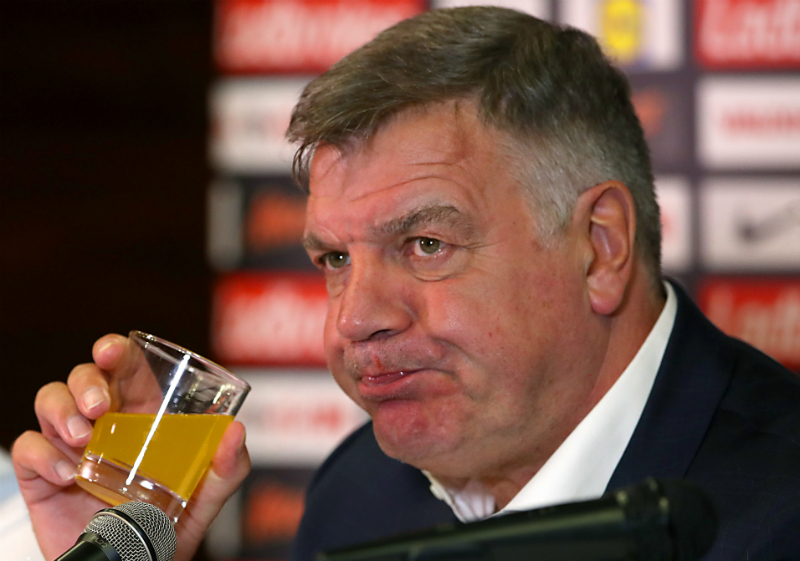
Avoid the booze
Don’t go to the local boozer! You have a 20-minute window for recovery straight after exercise. Take on as much carbohydrate and liquid as possible. Water, orange squash, something like that. The body will accept anything it can get so if you fill it with alcohol it goes straight into the bloodstream. You’ll feel drunk very quickly, and it will have a lasting effect on the lactic acid in your muscles – actually walking to the pub is great because you’re removing that lactic acid, just don’t drink alcohol. Exercises will help but they aren’t as effective as restoring fluid and carbs. Have a hot shower or bath, do gentle walking or stretches for 15 minutes and if you must have alcohol, don’t take as much as normal – or start with a couple of pints of water. If you don’t do any of that and you just walk to the pub, down six pints and go to bed, you’ll have big problems.
Related story: Hydration is key
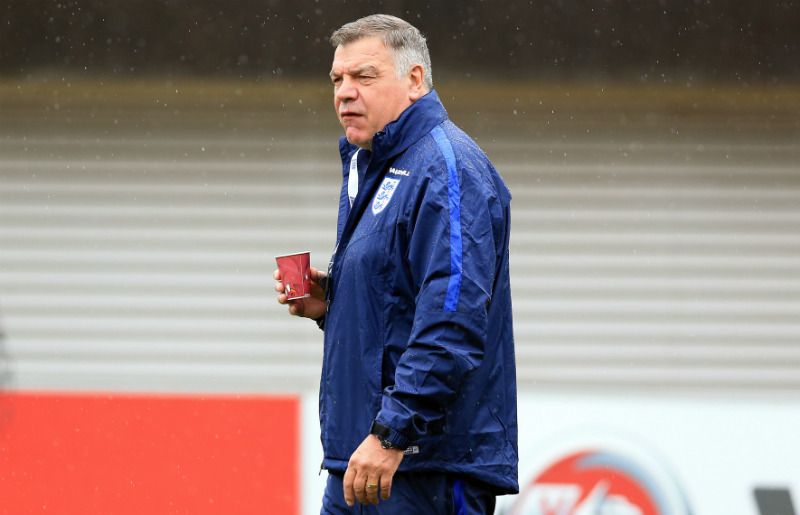
Dealing with a fixture pile-up
Get as much rest, nutrition and fluid as you can. The day after the game you’ll be shattered and your muscles will be full of lactic acid, so you’ll need to work out of your system with a short walk or a small-warm-up – whether that be individually or together at after work or college. Remember, you’re trying to keep the petrol tank topped up: concentrate on taking in huge amounts of carbohydrates and huge amounts of fluid at every opportunity. You can’t eat too many carbs before, during or after a game. You should be taking on fluids and energy bars before the game, fluids at half-time and you should certainly be eating as much as you can in the first 20 minutes after a game to give yourselves the best chance of recovering for the next game.
Related story: Sleep your way to the top
Recommended reading
